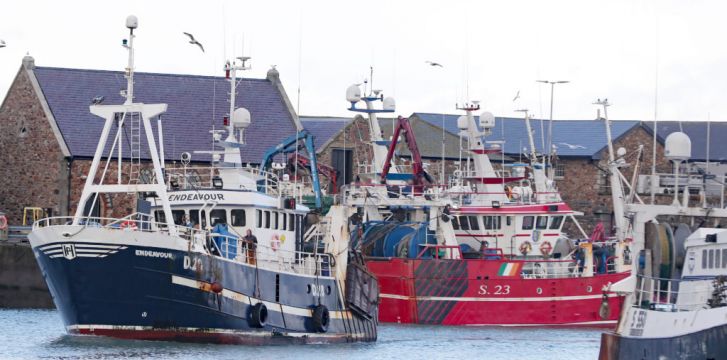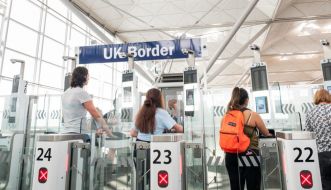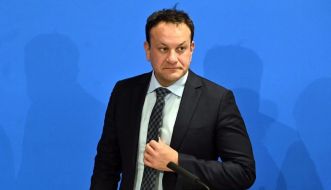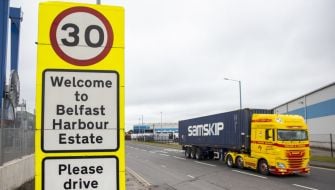Irish coastal communities will be “annihilated” if Britain’s post-Brexit fishing demands are granted, an Oireachtas committee has been told.
Fishing rights has been one of the key sticking points which has threatened to overthrow Brexit negotiations.
The British government has said that, as the UK is now an independent coastal state, it should be able to prioritise its own fleets.
The Irish fishing industry said it was concerned about Boris Johnson’s demands for UK’s fishing rights within Britain’s waters.
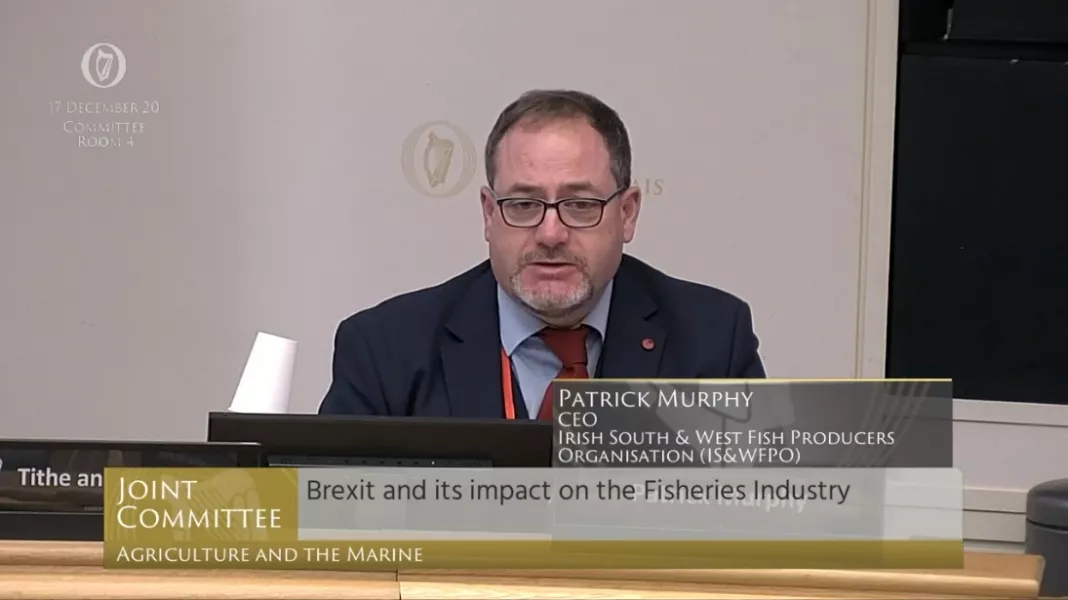
Patrick Murphy, chief executive of the Irish South and West Fish Producers Organisation (IS&WFPO), said that, if EU fishing fleets are allowed access to only 12 per cent of the fish in the UK, it would have grave consequences for Irish coastal communities.
“Those figures are frightening, they are staggering,” Mr Murphy told the Agriculture committee.
“There’s no industry that would be able to sustain that on top of the boats that would be displaced looking for fish.
“[We] are noticing boats that we haven’t been seen in Irish waters before – new boats coming in to try and catch fish and that’s an added competition.
“These are jobs in the local community that are not going to be replaced with anything else.
“It would be an annihilation of our coastal communities, towns and villages and that is not something that may happen, it has already happened.
“That could be the final death knell.
“We have around 1,000 fishermen fishing the boats in the Cork region, and we are told that each one of those jobs lost will cost five more ashore.
“The figures are startling.”
He also raised concerns about an increase in EU fishing fleets accessing Irish waters.
The area that definitely needs protecting is the goose that lays the golden egg and that's our fishing grounds
Mr Murphy said that biologically sensitive areas where fish are spawned should be protected.
“You are going to see a massive amount of vessels coming in to an area, regardless of the quota share they have, and we are fearful of the impact it could have on biologically sensitive areas,” Mr Murphy warned.
“The area that definitely needs protecting is the goose that lays the golden egg and that’s our fishing grounds.
“If we damage biologically sensitive areas where fish come to spawn, those fish travel and that’s why we are so adamant with the UK that you can’t just grab those fish because they are in your waters when you want to catch them.
“They come to our waters to spawn and if you don’t have the spawning they won’t be in your waters.
“It’s all about linking the trade and if we break that linkage we are doomed.”
Ireland’s fishing industry do not know whether it will have access to UK waters, or how much fish the UK will be given in Irish waters.
“The complication is we don’t know how much fish we will have to give up, we don’t know what will be left in the pot and we certainly don’t know how many vessels are coming in,” Mr Murphy added.
Most fish caught by UK fishermen are sold in Europe and Britain needs to maintain access to EU markets.
The EU and the UK may have to compromise on how much access they want and what share of the quota they are allowed.
Sean O’Donoghue, chief executive of Killybegs Fishermen’s Organisation, said a temporary agreement between both sides would have the same consequences as a no-deal.
“If we end up in that scenario we will have the demise of the Irish seafood sector, which is in a very healthy state at the moment,” Mr O’Donoghue warned.
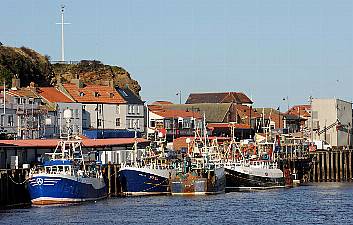
“These are coastal communities that are dependant on fisheries and, if we lose access, we could lose 5,000 to 6,000 jobs over a period of one to two years of the 16,100 involved in the industry.
“The value of the seafood industry would be decreased from 1.22 billion euro to between 600 and 700 million.
“That would be the demise of the Irish seafood industry.”
